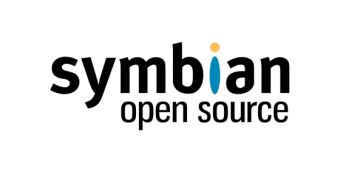14 new companies are announced to have joined the Symbian Foundation, this way transforming Nokia's Symbian camp into a bigger organization than Google's Open Hand Alliance, which includes 47 members since December last year. The new members of the team include HP, Qualcomm, MySpace and SanDisk, as well as 12 other companies.
During the past two years, new companies entered the mobile market, including Google and Apple, this way marking a shift in the industry, which is now more focused on software development. The software platform area of the market is currently led by the Symbian operating system, yet Apple, Research in Motion and other newcomers have managed to gain ground over the past year.
Finnish mobile phone maker Nokia is currently placed first on the cellphone market all around the globe. Last year, the company bought out other shareholders of the smartphone software maker Symbian, based in the UK. At the same time, the company announced it planned to make the software royalty free to other phone makers so as to counterattack the arrival of new rivals.
Since Nokia made that promise, around 78 companies announced plans to join the Symbian Foundation, a move that would grant them access to the company's software. Among the new members of the team we can count Atelier, Bank of America, Imagination Technologies, Gemalto, Omron Software, Mobica, Nanoradio, SiRF Technology, SESCA and VirtualLogix.
Nokia's not-for-profit Symbian Foundation unites leading handset makers, network operators and communications chipmakers for the creation of an open-source platform. According to the company, the Foundation offers faster ways to deliver new products to market. At the same time, the members of the Foundation are trying to avoid paying fees to outside software developers.
According to the Finnish phone manufacturer, the first Symbian Foundation software should be released this year, while a new platform is expected to roll-out by June 2010.

 14 DAY TRIAL //
14 DAY TRIAL //